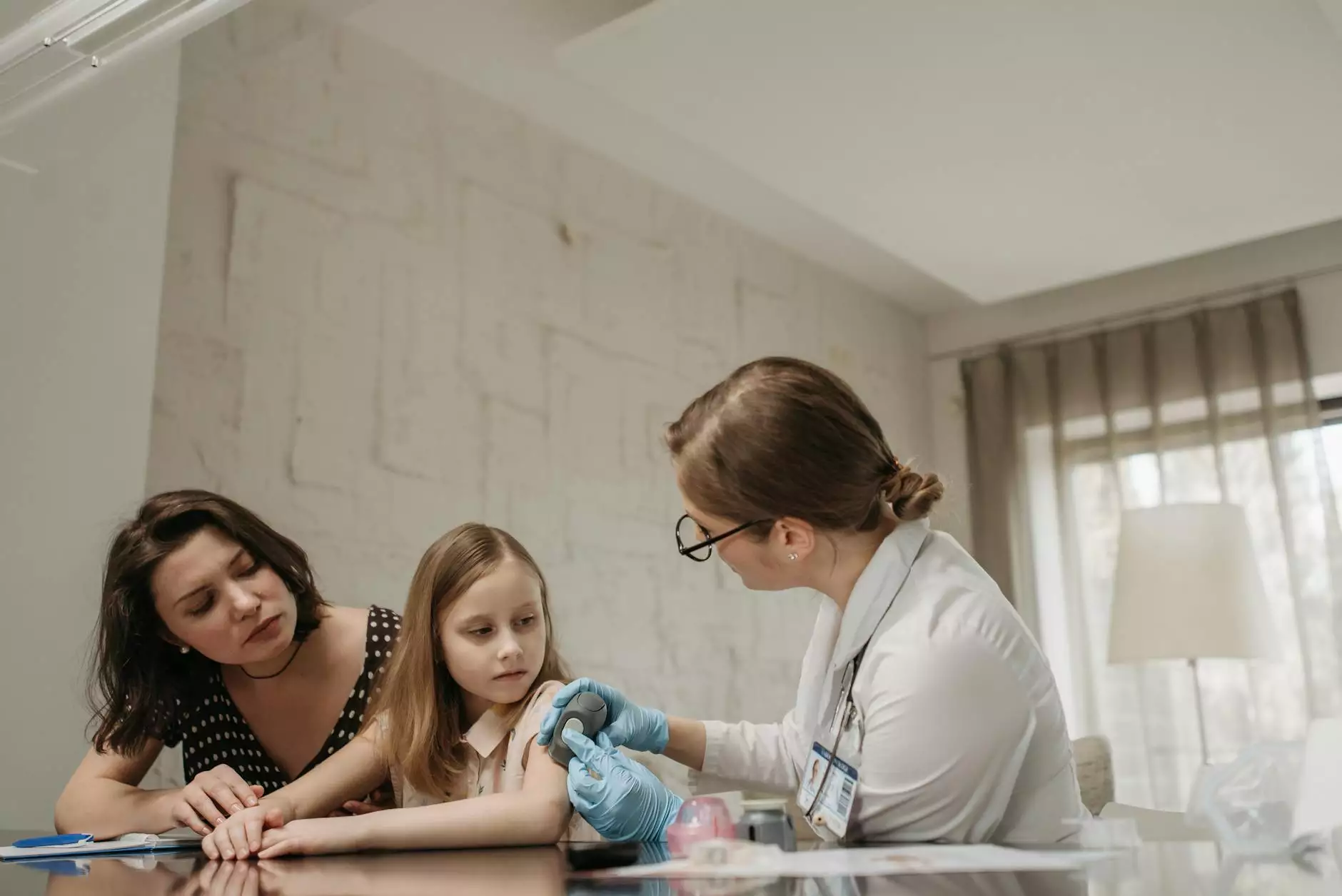Driving Excellence in Geriatric Healthcare: The Role of Consultant Geriatricians

In the ever-evolving landscape of healthcare, the role of consultant geriatricians has emerged as paramount in addressing the unique medical needs of the older population. With our society witnessing a significant demographic shift towards an aging population, it becomes increasingly crucial to understand and appreciate the comprehensive care that these specialists provide. This article will unravel the multifaceted responsibilities of consultant geriatricians, their impact on healthcare systems, and how to access such services through platforms like starmedical.com.au. We will delve into their expertise, the challenges they face, and the significant advancements in geriatric care.
The Importance of Geriatric Medicine
Geriatric medicine is a specialty dedicated to the healthcare of older adults, addressing the complexities of their medical conditions. As individuals age, they often develop multiple chronic conditions and disabilities that require a nuanced understanding of their unique physiological and psychological needs. Consultant geriatricians are uniquely trained to navigate these complexities and provide tailored care that promotes not only longevity but also quality of life.
Understanding the Role of Consultant Geriatricians
Consultant geriatricians provide a comprehensive approach to the management of elderly patients. Their role includes:
- Assessment and Diagnosis: Conducting thorough evaluations to understand the medical, psychological, and social aspects of an individual's health.
- Care Planning: Developing personalized care plans that cater to the specific needs of each patient, ensuring a holistic approach to their wellbeing.
- Interdisciplinary Team Collaboration: Working closely with nurses, social workers, physical therapists, and family members to provide integrated care.
- Advocacy: Serving as advocates for their patients' needs, ensuring they receive appropriate resources and support.
- Education: Providing education to patients and families about aging, chronic diseases, and maintaining independence.
The Growing Need for Consultant Geriatricians
With the aging population projected to rise significantly, the demand for skilled consultant geriatricians is expected to surge. According to the World Health Organization (WHO), the population aged 60 years and older is expected to double from 12% to 22% between 2015 and 2050. This demographic shift presents several challenges, including:
- Increased Chronic Diseases: Older adults often face multiple chronic health issues that necessitate specialized care.
- Complex Medication Regimens: Managing medications for multiple conditions can lead to adverse drug interactions if not properly monitored.
- Social Isolation: Many elderly individuals experience loneliness, requiring thoughtful intervention to promote social connection.
- Cognitive Impairment: Conditions such as dementia require specialized approaches to care.
Challenges Faced by Consultant Geriatricians
The role of a consultant geriatrician is not without its challenges. Some of the critical issues include:
- Resource Limitations: Many healthcare systems struggle with inadequate resources and staffing to meet the needs of geriatric patients.
- Training Gaps: There is often a lack of training in geriatric medicine among primary care providers, leading to gaps in care coordination.
- Healthcare Policies: Navigating complex healthcare policies and reimbursement models can hinder the delivery of optimal care.
- Technological Barriers: Older adults may face challenges in accessing digital health tools, impacting their ability to engage in care.
Advancements in Geriatric Care
Despite the challenges, there are numerous advancements in geriatric care that consultant geriatricians can leverage to enhance patient outcomes. Key innovations include:
- Telehealth Services: The rise of telehealth offers greater accessibility for elderly patients to consult with geriatric specialists from the comfort of their homes.
- Integrated Care Models: New models of care that emphasize collaboration among healthcare providers to streamline geriatric care.
- Patient-Centered Care Approaches: Emphasizing the preferences, values, and needs of elderly patients in care planning.
- Use of AI and Data Analytics: Leveraging technology to predict health outcomes and tailor interventions effectively.
How to Access Services from Consultant Geriatricians
Recognizing the necessity of geriatric care is the first step; the next is knowing how to access these vital services. At Star Medical, we strive to connect older adults with experienced consultant geriatricians. Here’s how you can initiate access:
- Visit Our Website: Navigate to starmedical.com.au to find information about geriatric services.
- Contact Us: Reach out via phone or email for inquiries about geriatric consultations and referrals.
- Schedule an Appointment: We assist in scheduling appointments with qualified consultant geriatricians.
- Follow-Up Care: Our team will ensure consistent follow-up care and support for ongoing geriatric needs.
Conclusion
As the population ages, the importance of consultant geriatricians cannot be overstated. They are essential in managing the complex health needs of older adults, providing personalized care that enhances quality of life and promotes independence. By leveraging advancements in technology and integrated care models, consultant geriatricians are better equipped to tackle the challenges posed by an aging society. If you or a loved one require specialized geriatric care, consider exploring the services provided by starmedical.com.au. Together, we can pave the way for a healthier future for our elderly population.


